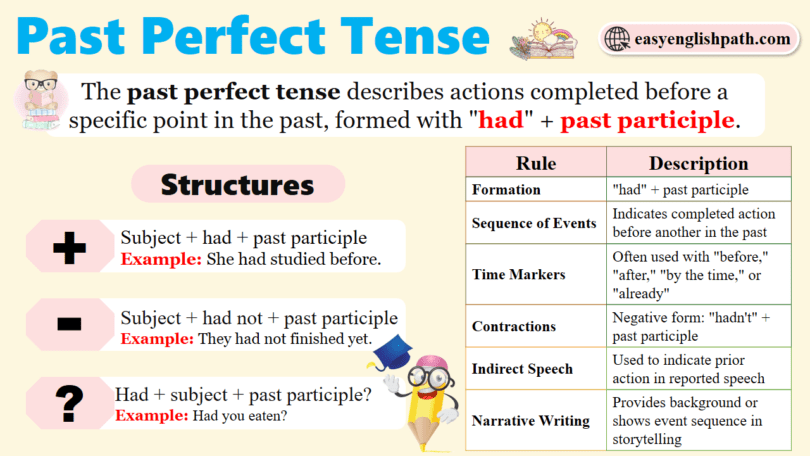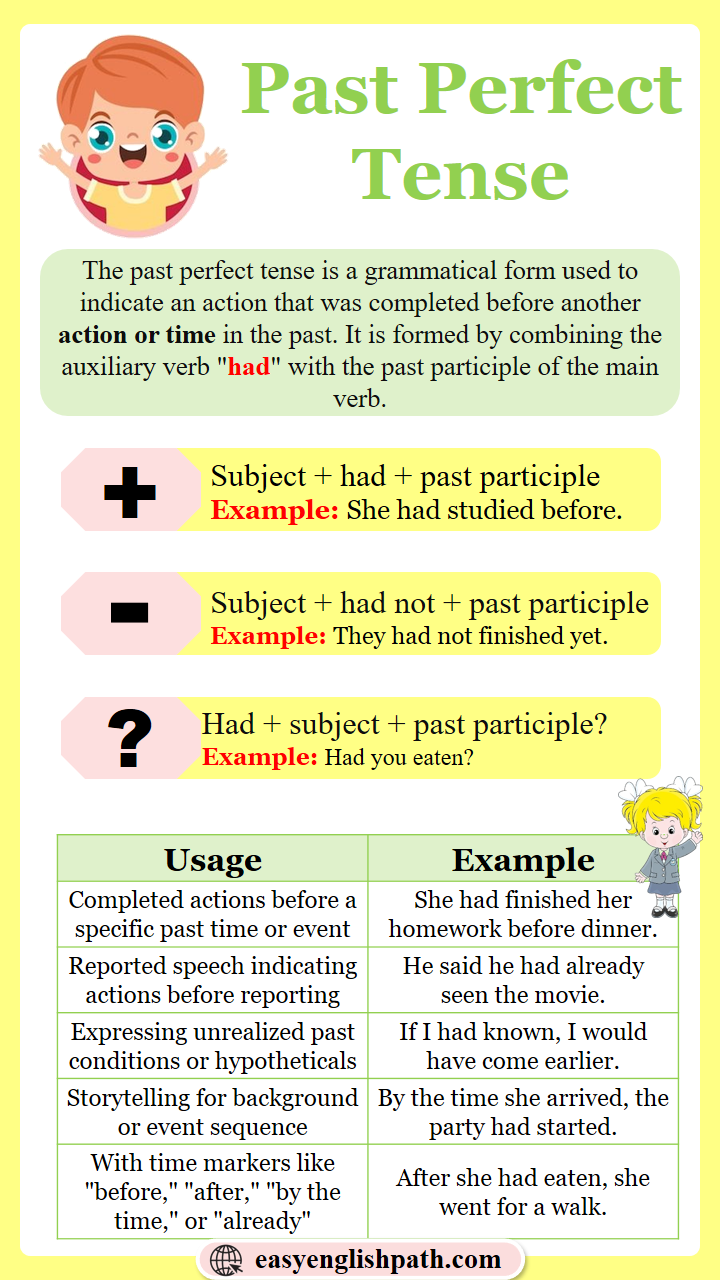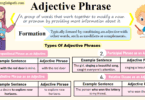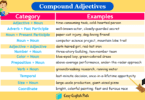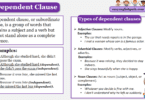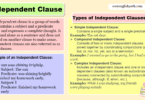The Past Perfect Tense is used to express actions or events that occurred before another action or point in the past. Here’s how to use it:
1. To indicate an action that occurred before another action in the past:
We can use the Past Perfect Tense for the action that happened first, followed by the Simple Past Tense for the action that happened later. For example:
-
- She had already finished her homework before dinner.
- They had left the party when we arrived.
2. To show the cause of a past event: We can also use the Past Perfect Tense to provide background information or explain why something happened in the past. For example:
-
- Because he had studied hard, he passed the exam easily.
3. In reported speech:
When reporting someone else’s words or thoughts about past events, the Past Perfect Tense can be used to refer to actions that occurred before the time of speaking or another past event. For example:
-
- He said he had never been to Paris before last summer.
Always remember, that the Past Perfect Tense helps to clarify the sequence of events in the past and is typically used in storytelling, narratives, and situations where the order of actions is important.
How to form negatives?
To form negative sentences in the past perfect tense is quite simple. You just need to add “not” after the auxiliary verb “had.” Here’s the structure:
| Subject+ had not +past participle + Subject +had not +past participle |
Examples:
- She had not finished.
- They had not seen.
- He had not arrived.
- We had not got.
- She had not practiced.
In informal writing or speaking, you can also use the contraction “hadn’t” instead of “had not”:
How to Form questions?
To form questions in the past perfect tense, you typically use inversion, where the auxiliary verb “had” comes before the subject. Here’s the structure:
| Had+subject+past participle+?Had+subject+past participle+? |
Here are some examples:
- Had she finished?
- Had they seen it?
- Had he arrived?
- Had we got?
- Had she practiced?
Remember, when asking questions, the auxiliary verb “had” comes first, followed by the subject, and then the past participle of the main verb.
Present Perfect vs Past perfect:
| Aspect |
Present Perfect |
Past Perfect |
| Formation |
Subject + have/has + past participle |
Subject + had + past participle |
| Usage |
– Actions that started in the past and continue into the present.<br>- Actions that have relevance to the present moment.<br>- Experiences or events in a person’s life without a specific time reference. |
– Actions that were completed before a specific past moment.<br>- Expressing the earlier of two past actions.<br>- Describing an action that was ongoing before another past action. |
| Example |
She has lived in New York for five years. |
She had lived in New York before she moved to London. |
|
I have finished my homework. |
By the time they arrived, she had finished her work. |

